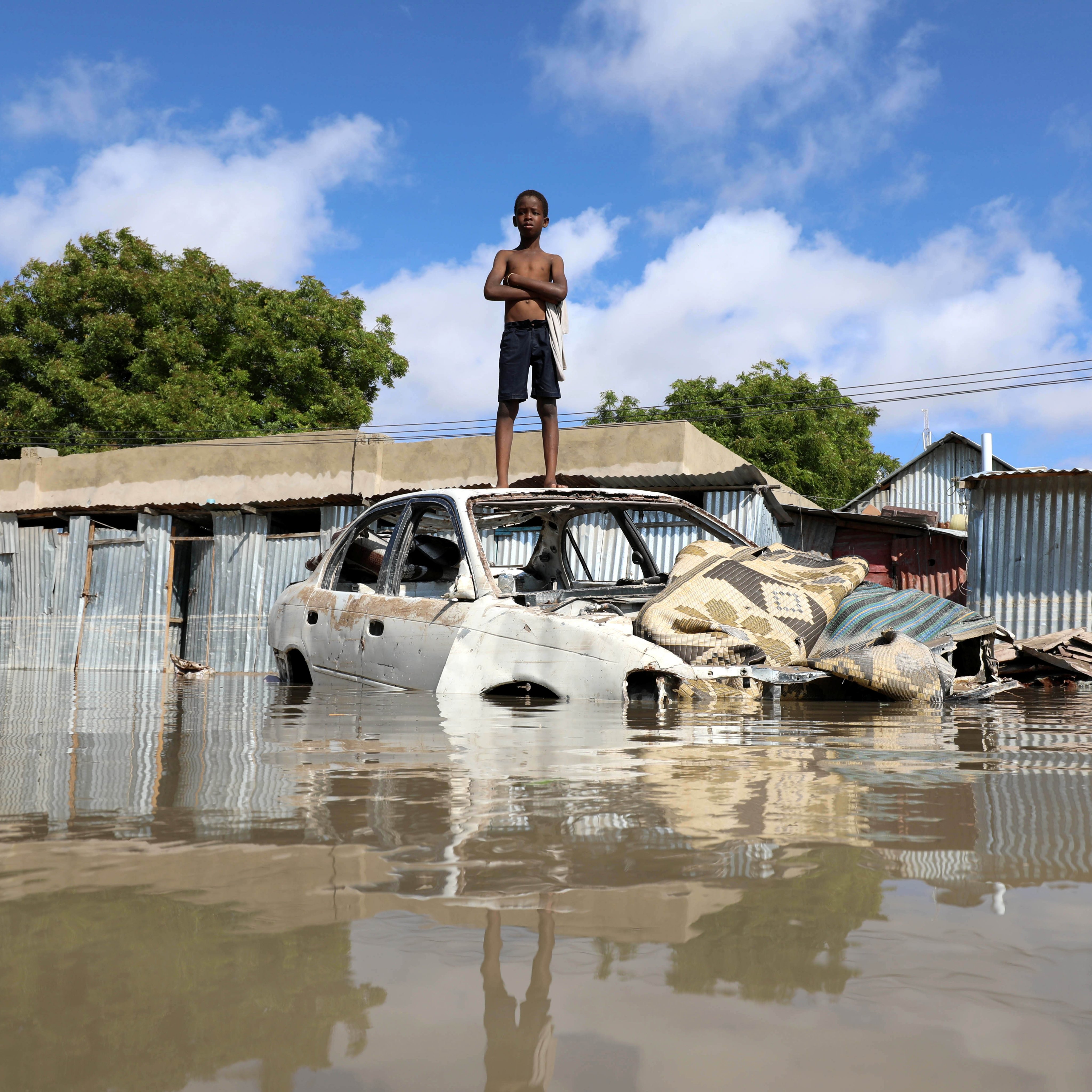|
Getting your Trinity Audio player ready…
|
The Food and Agriculture Organisation of the United Nations (FAO) and representatives from West African nations have converged on Abuja to explore diverse ideas to better handle flood risks affecting food security in the sub-region.
The goal is to foster a collective approach towards more proactive flood risk mitigation with shared knowledge from different actors to better prepare for and respond to flood-related challenges.
With support from the German government, the meeting aimed to help the sub-regional governments have all the tools necessary for anticipatory action against the floods and other natural disasters in the Sahel which are some of the key factors that have driven over 52 million people in the region into hunger.
The stakeholders are to also devise strategies to enhance agricultural production and increase crop yields, thereby bolstering food security across the sub-region.
FAO country representative to Nigeria and ECOWAS, Dominique Koffy Kouacou while declaring open the regional workshop yesterday in Abuja, highlighted the increasing threat floods pose which often leaves communities unprepared due to underutilised early warnings.
He said that the FAO will support the regional governments in learning new approaches and reinforcing existing ones to confront these evolving risks, including the necessity for governments to utilise early warnings and adequate funding to implement swift, operational responses in the field.
The country representative noted that recent floods have destroyed over 2.4 million acres of land across the region.
Kouacou stated that Nigeria alone could feed approximately 5 million people by harvesting the land affected by the floods.
He said, “If you look at the perspective of climate change, you realise that the flood has a huge impact on agricultural production. So how we can better anticipate allowing our farmers, the livestock to better cultivate, to better produce to boost the production in the country, this is one of the key purposes of the regional workshop.
It’s very important to all of us to discuss how we can better anticipate helping the farmers to boost their production and grow the yield, so the key outcome of this meeting is how we can help the government to have all the tools for anticipatory action”.
Source: Leadership
